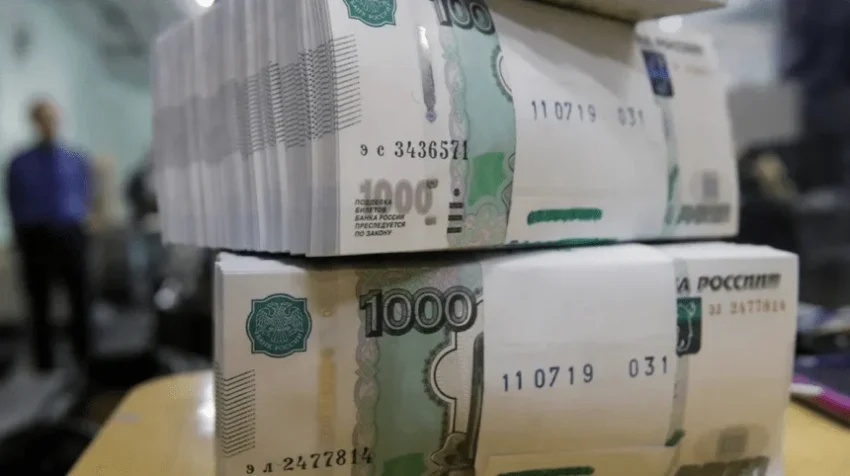RUSSIA HITS PAYMENT PROBLEMS – RESORTS TO BARTER
With cash in short supply – the central bank hasn’t got the reserves to use, the value of the rouble falling as fast as an enemy of the state from a hospital window, it’s making life increasingly difficult coupled to sanctions.
The result is that the solution is barter – and a new system has been established with Pakistan swapping chickpeas for rice and potatoes for tangerines.
It’s not totally unheard of. China sold Iran spare parts for cars for Pistachio nuts.
China of course is a major trading partner for Russia – at almost 40% of trade its Russia’s biggest partner. However Russia is only 1.8% of Chinese exports and not that big of a deal.
It seems hardly more than minutes since Russia was lauding the Rouble as a competitor for the US Dollar. As if!
The problems with barter is that if you sell stuff to China from Russia and get paid in potatoes, you have to sell the potatoes inside Russia to get the money to pay your staff and taxes. Ideally you need a guaranteed buyer at a fixed price before you even initiate the transaction.
Russia has been trying to get BRICS+ to set up a separate payment system to get around SWIFT – the international payment system. However Iran and Russia are deeply compromised by sanctions and trade barriers and most of the members have plenty of reasons for them to be the ones to determine the trading currency. So much so it’s actually verging on unviable.
What we do know is that secondary sanctions on payments are forcing ever increasing barter trades and that’s indicative of the fact sanctions are really biting deep.
But while small amounts of barter are viable for narrow trades, you can’t operate a modern economy on swapping gas for a sack of potatoes.
Russian defence industries can’t rely on barter. A deal with N.Korea, shells for tech, may have been acceptable to them, but N.Korea is not a normal country. Sooner or later it has to turn to money. Value and profit are what business is for – and you don’t get rich on Pistachio nuts.
